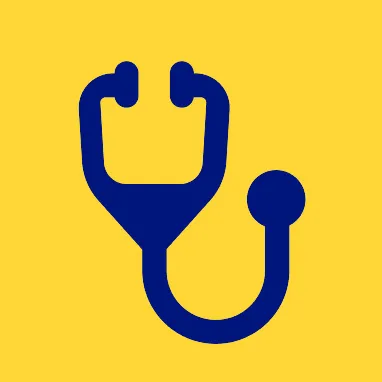Eczema is a chronic skin condition affecting millions of people. The severity of the condition varies from person to person. Eczema flare-ups leave your skin more prone to infection. Learn how you can identify and treat an eczema infection.
About Eczema Infections
Eczema encompasses a group of skin conditions that cause your skin to look inflamed or have a rash-like appearance. There are seven types of eczema:
- Atopic dermatitis
- Contact dermatitis
- Dyshidrotic eczema
- Nummular eczema
- Seborrheic dermatitis
- Stasis dermatitis
Eczema is a common skin condition, with more than 31 million Americans battling some form of eczema. It is most frequently diagnosed in children younger than five. It is a lifelong skin condition that has no cure. Over time, your eczema breakouts may calm and disappear, flaring up when an irritant is introduced to your skin. When flare-ups go untreated, they can turn into eczema infections.
Some external irritants may make your eczema worse and put you at an increased risk for infection. Common eczema irritants include:
- Pollen
- Airborne dust
- Perfume
- Household cleaners
- Cosmetics products
- Face cream and lotion
- Certain fabrics and textures
- Extreme heat or cold
How Do You Identify an Eczema Infection?
A skin infection is similar in appearance to eczema, but more severe. If you’re struggling with a flare-up, be sure to pay attention to these signs of infection:
- Crusts that appear on top of eczema and are yellow, orange, or honey-colored
- Blisters filled with pus on top of your eczema flare-ups
- Open sores that look similar to cold sores and fever blisters
- Bumps on your skin that are red, swollen, and painful to touch
- Red streaks on your skin that appear to be spreading
These skin conditions are often accompanied by:
- Fever
- Flu-like symptoms
- Pain
- Swollen lymph nodes
Any combination of these symptoms requires immediate medical care. Call your doctor or go to your local emergency room. You may be tempted to cover the open sores, but don’t. This can worsen the eczema infection. Instead, allow the infection exposure to fresh air so it can heal and dry out.
How Do You Treat an Eczema Infection?
To diagnose an eczema infection, your doctor will take a sample of the infected skin for testing. This will determine the type of bacteria causing the infection. Staphylococcus (staph) or streptococcus (strep) may require stronger antibiotics. You may receive a topical antibiotic, an oral antibiotic, or both.
If your eczema infection is caused by a virus, your doctor may prescribe an antiviral medication to aid in healing. If there is a sign of fungus, your doctor may prescribe an anti-fungal cream to apply topically.
While eczema cannot be completely cured, there are many treatment options. If one treatment plan doesn’t work, you can try another until you find the right products and strategies for your personal health.
Preventing infections. Once you heal an eczema infection, it is important to prevent future infections to protect your skin. Avoid irritants, apply moisturizer, and cover eczema breakouts with clothes to prevent exposure to bacteria. If you experience recurring skin infections, talk to your doctor. There may be another health condition or other factors contributing to your eczema.
If your child gets frequent skin infections, the following can be helpful:
- Bathe often to rinse away bacteria that are causing infection.
- Moisturize your skin while it is still damp.
- Reduce germs in skincare products by using pump applicators.
- Use gentle soaps that don't cause additional irritation to your skin.
Risks of Eczema Infection
Eczema leaves your skin raw, making you more susceptible to bacteria entering your bloodstream. Other conditions that commonly affect those with eczema and eczema infection include:
- Asthma — 20% of adults with eczema also suffer from asthma.
- Allergic rhinitis — Also called hay fever, this condition causes a reaction in your sinuses when you’re exposed to dust particles and pollen.
- Food allergies — Since eczema is an inflammatory skin condition, you may be more prone to digestive inflammation, too. The same foods that cause digestion upset may also make your skin condition worse.
- Other infections — When your skin is prone to one infection, it’s prone to many. You may also contract impetigo, cellulitis, furuncles, or staph. These skin infections appear on top of your eczema.
- Mental health conditions — When you struggle every day with the pain and unsightly appearance of eczema, it can take a toll mentally. If you feel depressed or anxious, talk to your doctor.
